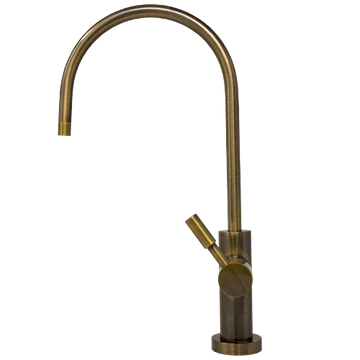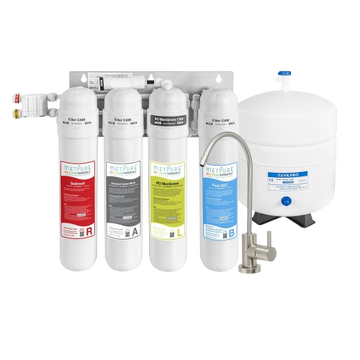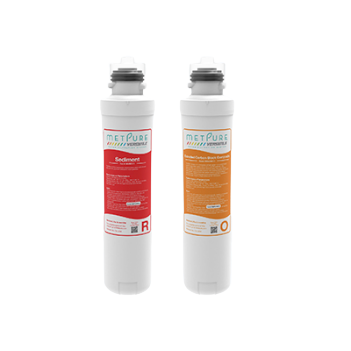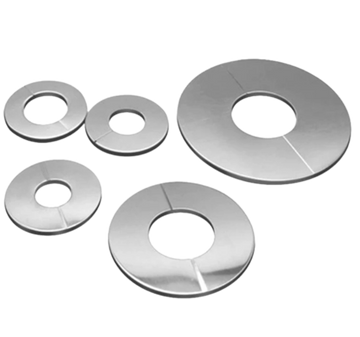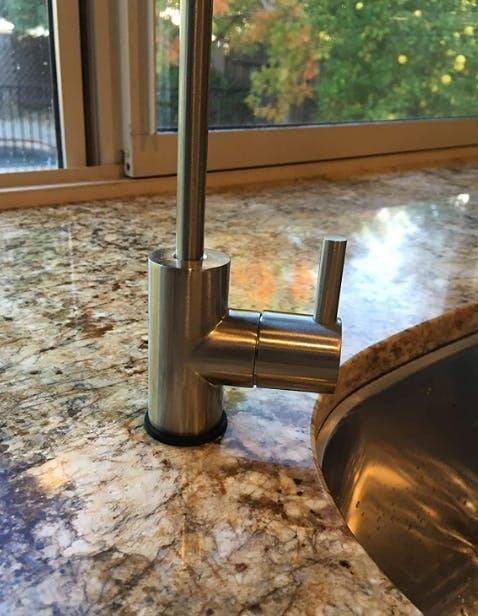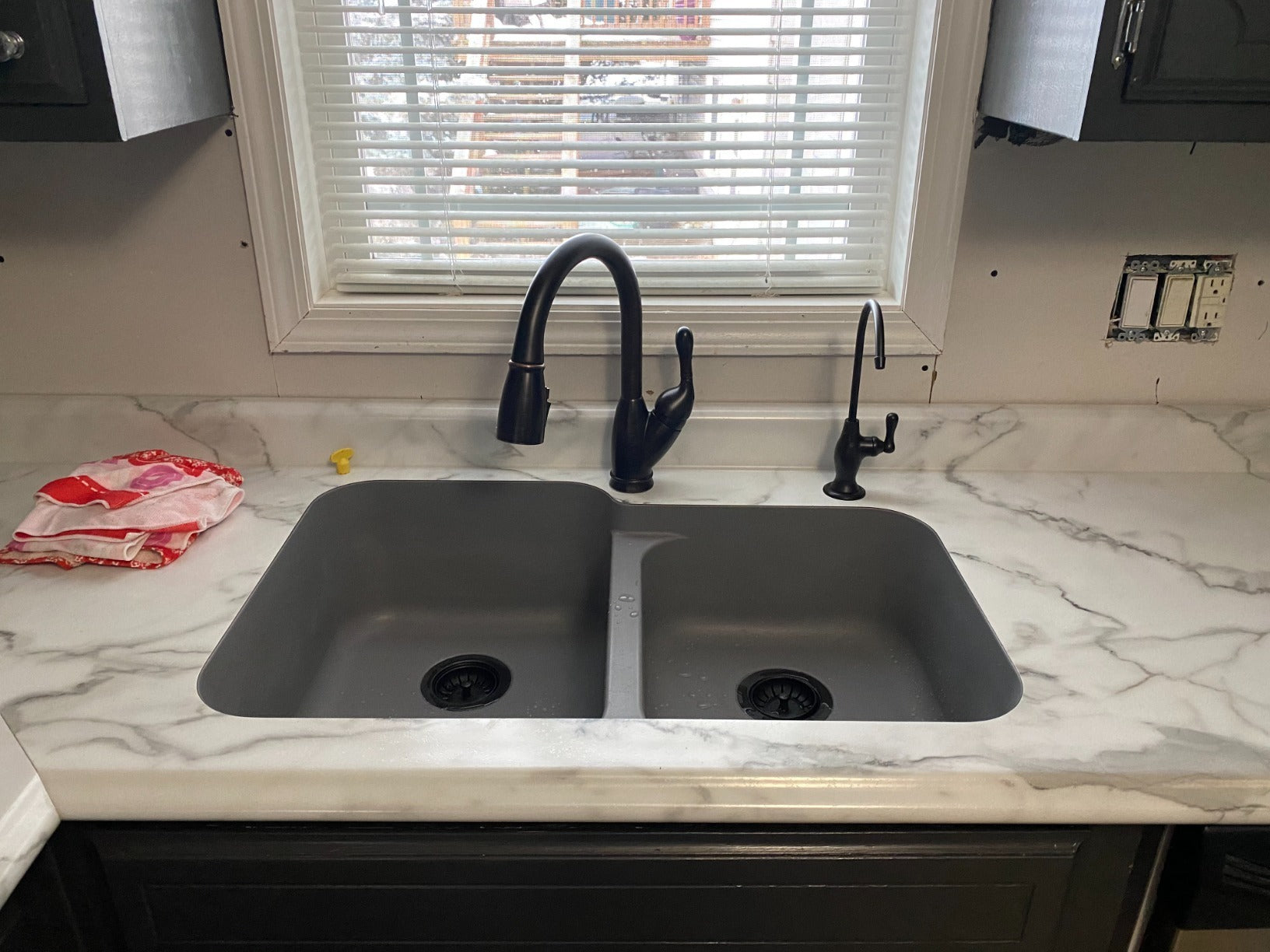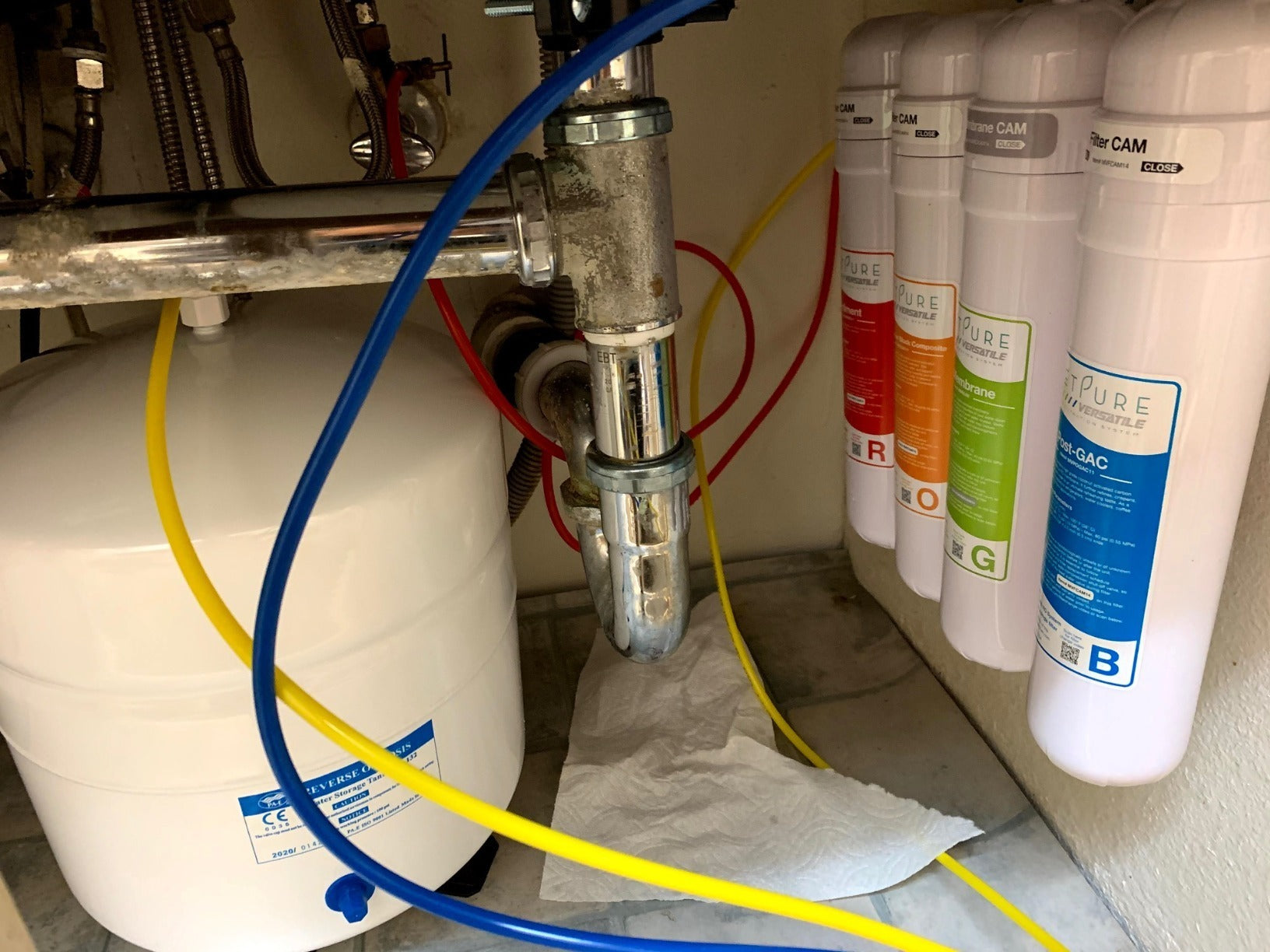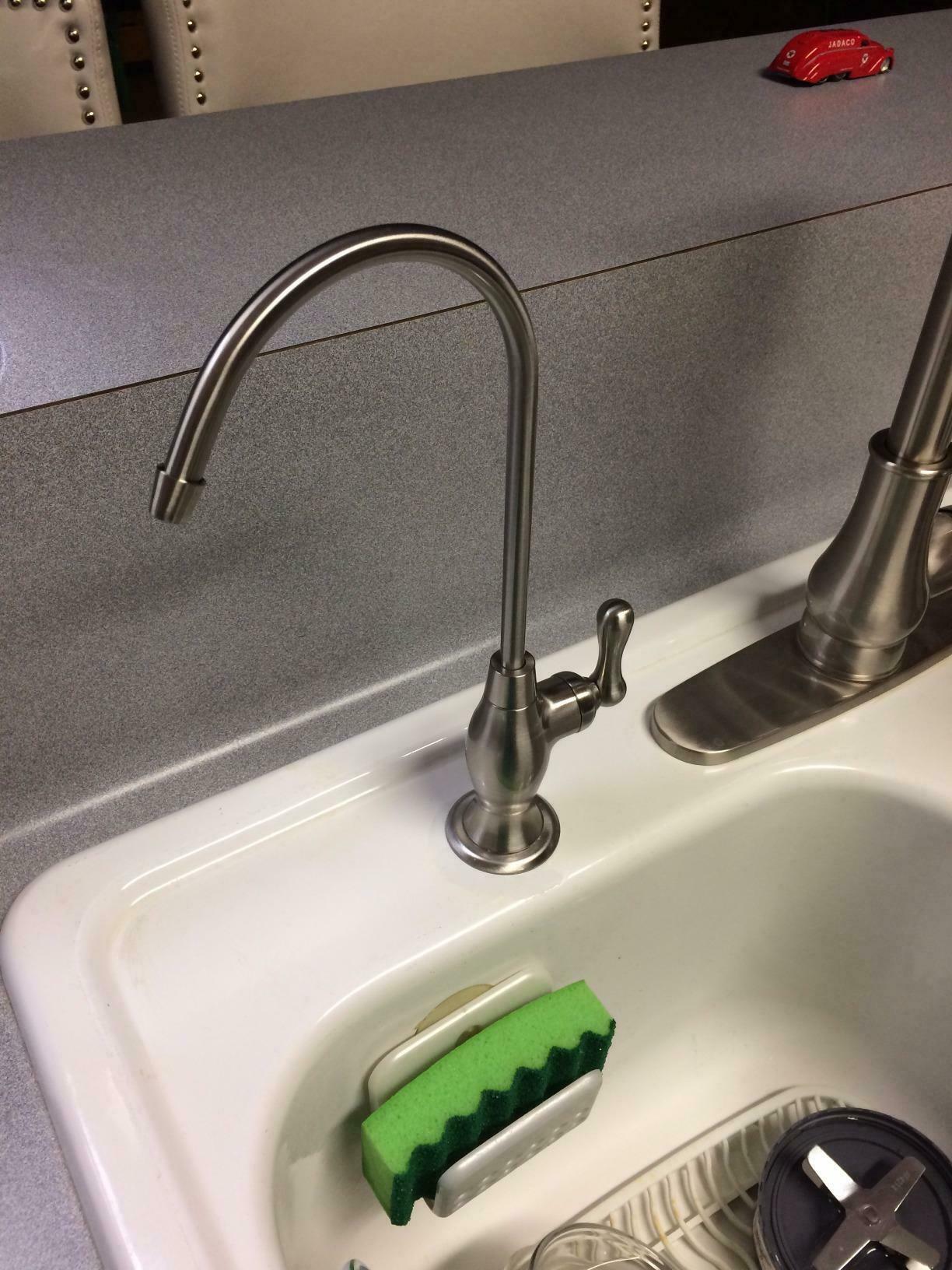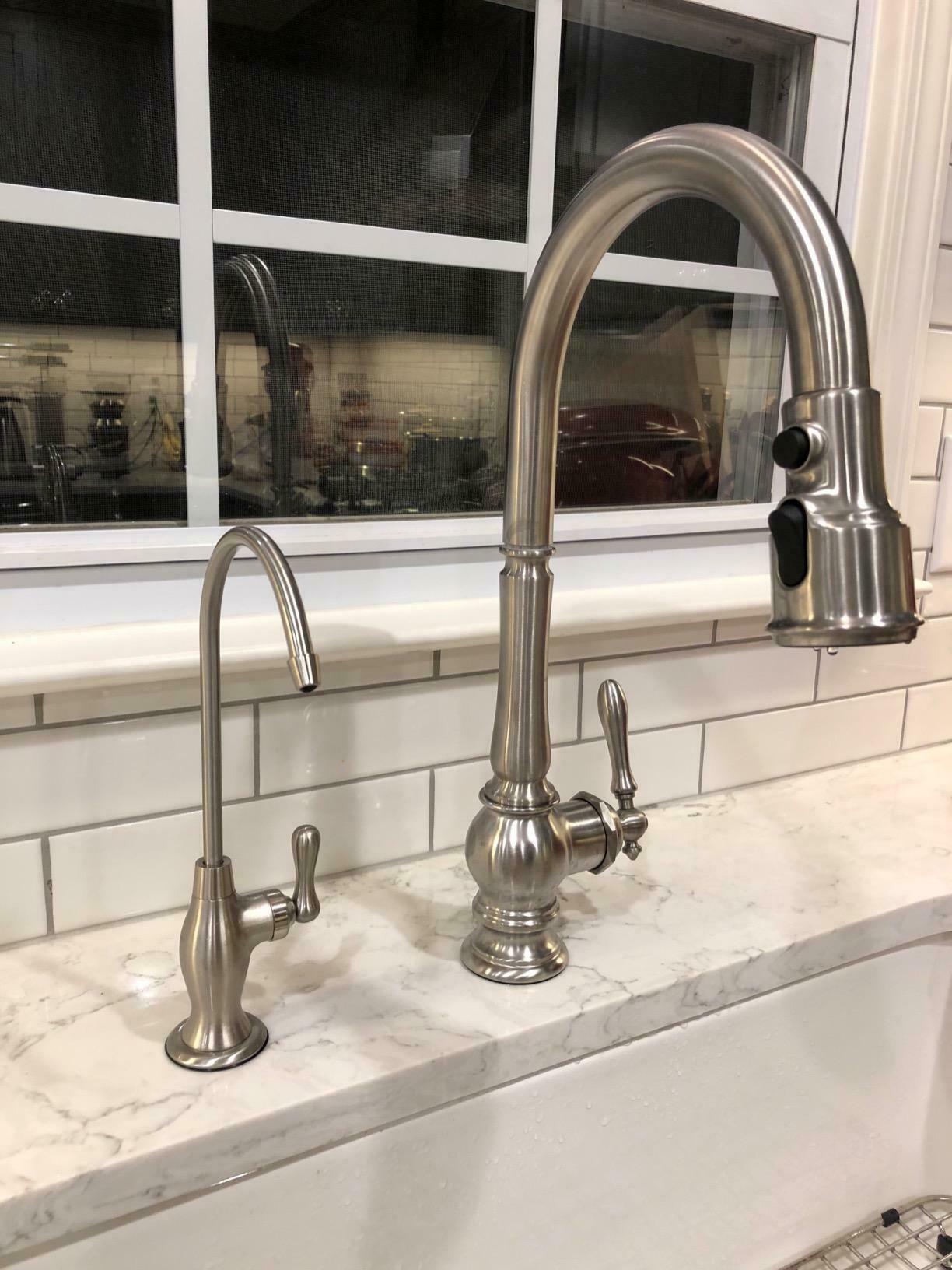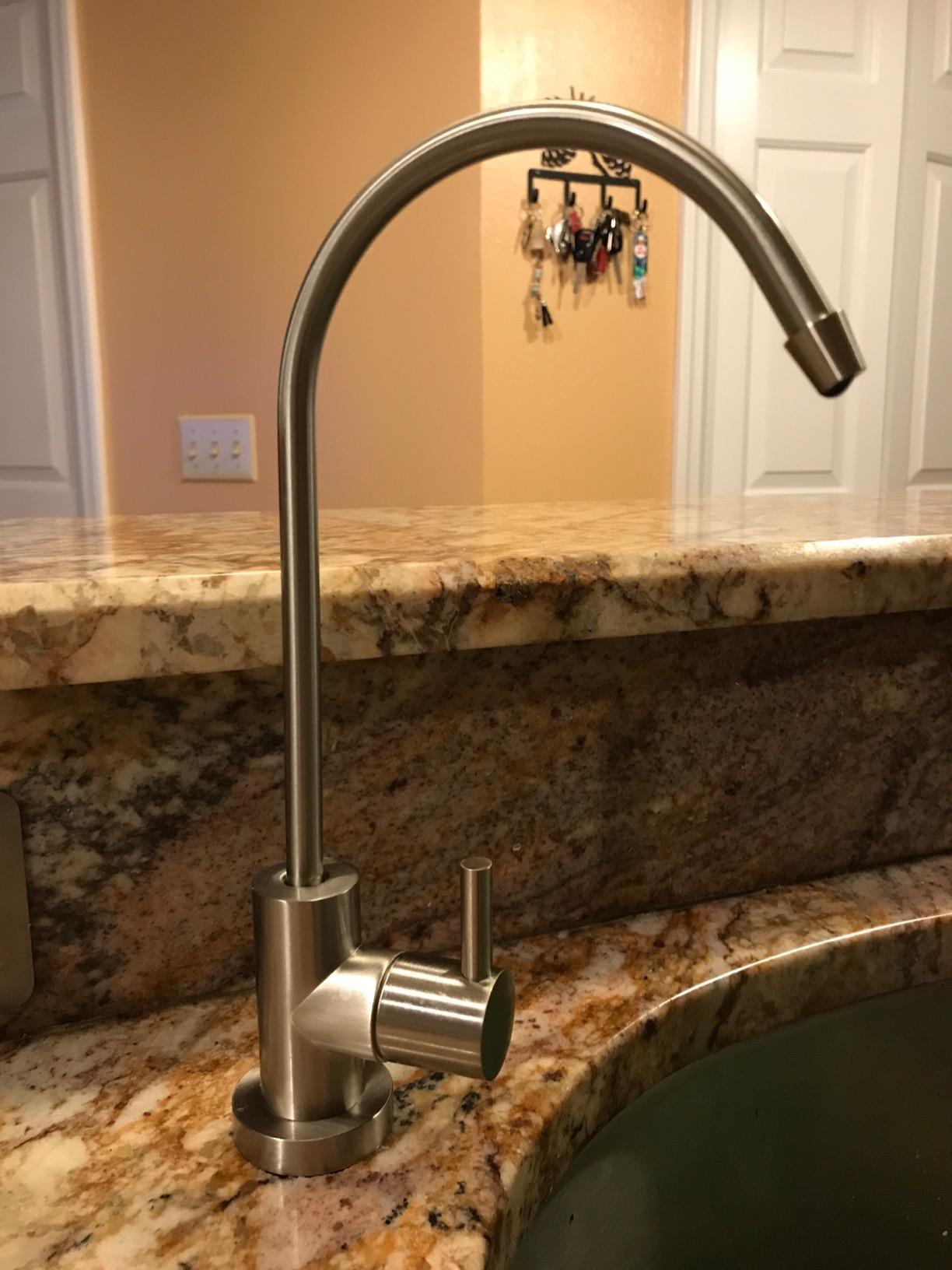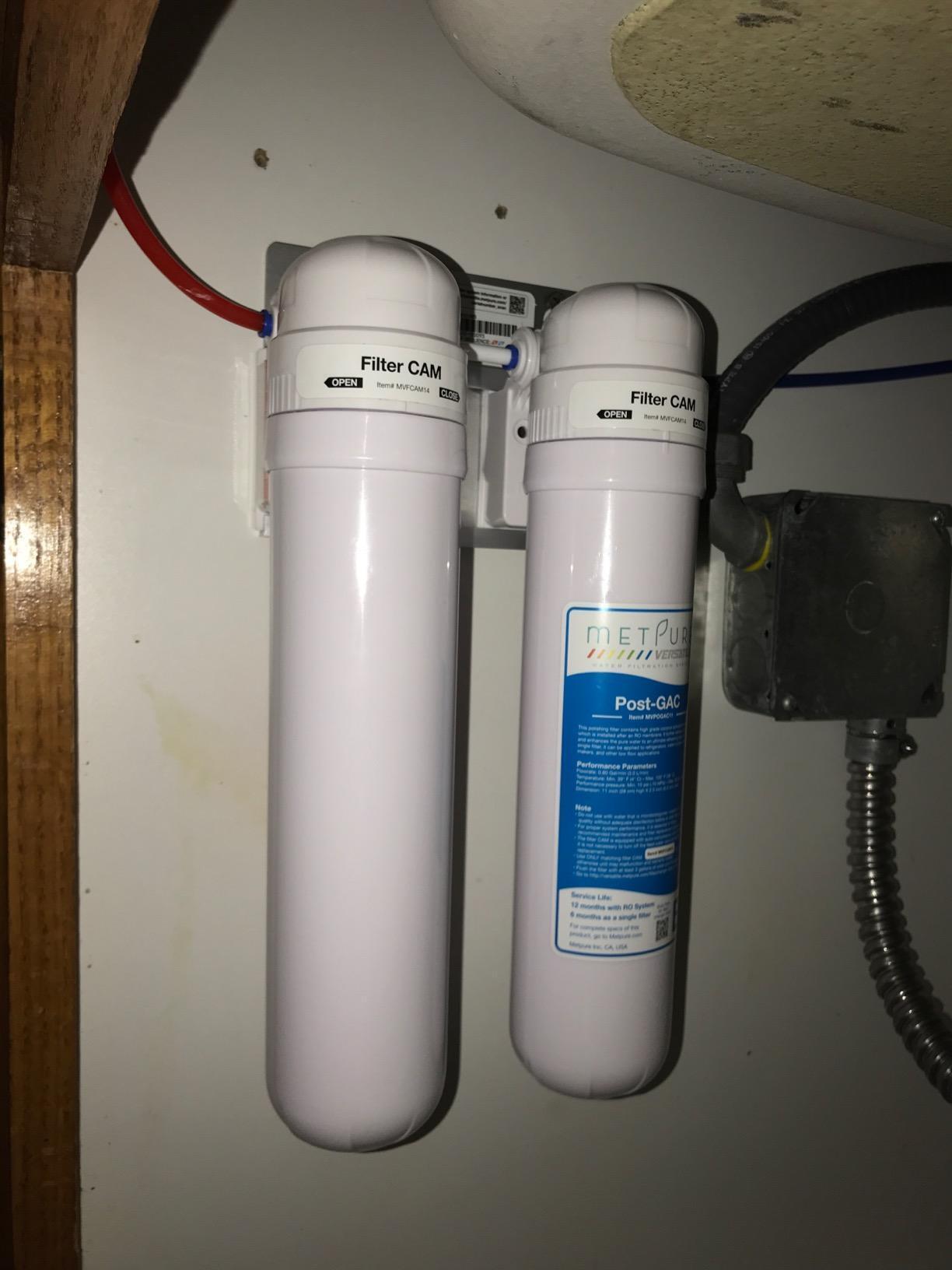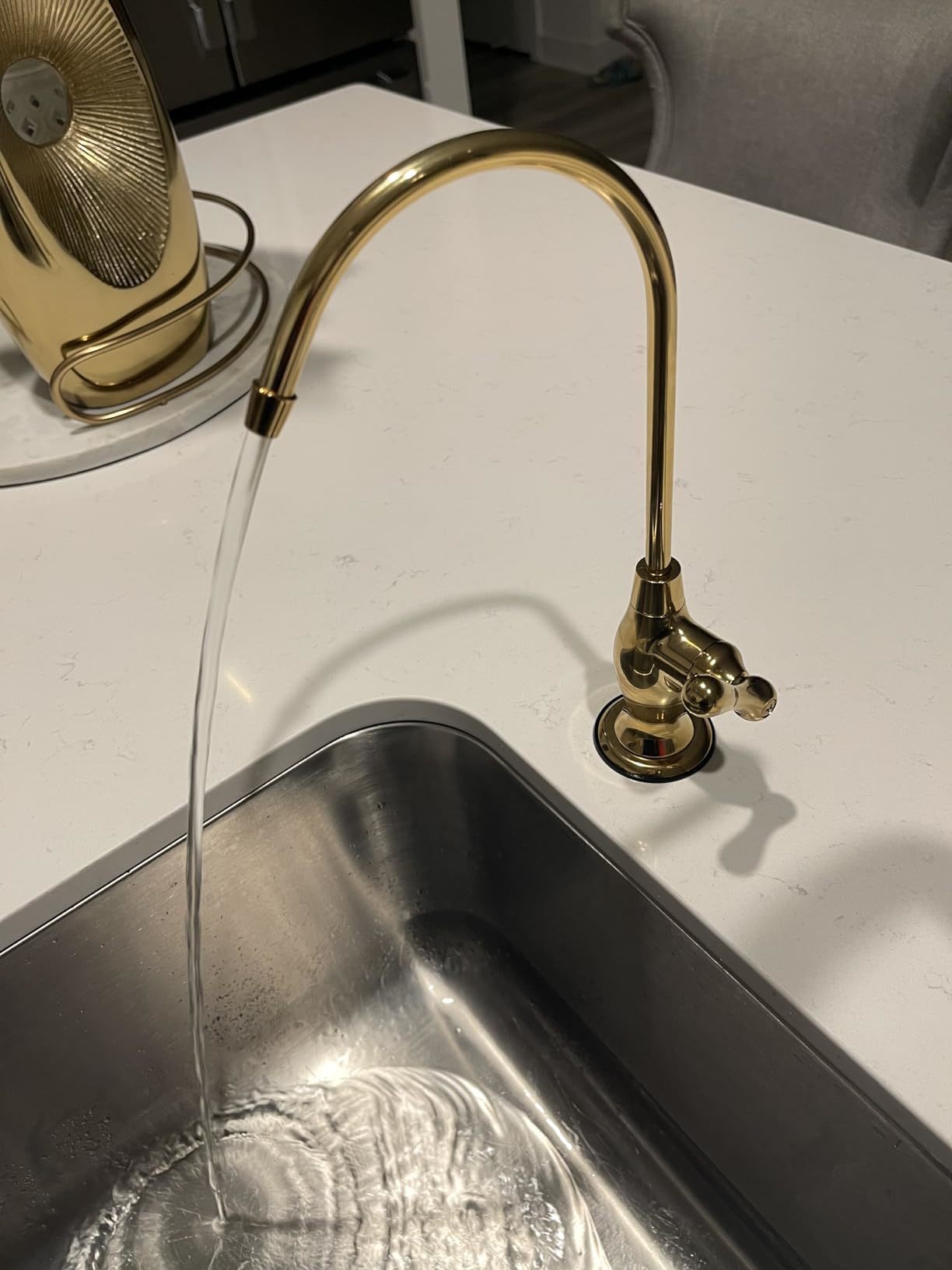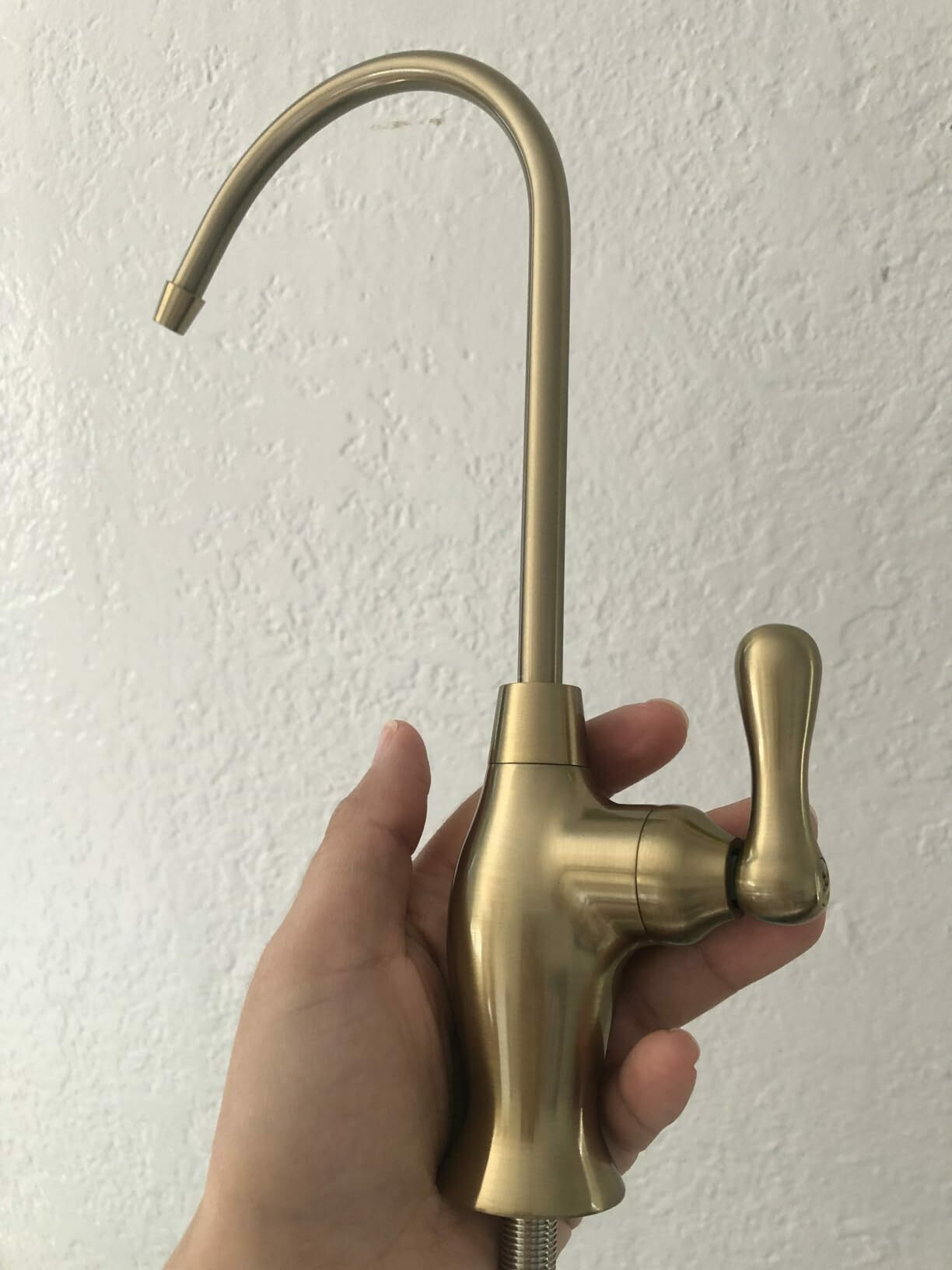What Is the Best Water Filter?
Table of Contents
A water filter is a crucial piece of survival gear. It can save lives in emergency situations and reduce the risk of many health conditions. There are several factors to consider when choosing a water filter.
Look for filters that meet industry standards, such as lead removal and chlorine reduction. It's also important to look for a filter that eliminates forever chemicals.
Daily Maximum Rate of Filtration
The daily maximum rate of filtration is an important consideration when buying a water filter. It tells you how quickly the filter is capable of removing harmful contaminants from your tap water. Different filters target different types of contaminants, so it is important to understand your particular needs and choose the right one for you. To find the best water filter for your needs, you can consult with an expert in your local area.
The first thing to consider when choosing a water filter is its ability to remove germs and chemicals from your water. This is important because these substances can cause illnesses, especially if you have a weakened immune system. A good water filter should be able to reduce chlorine, fluoride, and heavy metals.
It also should be able to make your water taste better. This is done by reducing chlorine, which has been added to water since the 1850s to kill harmful bacteria. It should also be able to remove other tasteless contaminants like benzene, MTBE, and chloramines. It should also be able to remove traces of arsenic, lead, and hexavalent chromium.
This model features a sleek slate gray housing that looks great in any kitchen. It also performs well in our tests, with excellent scores for chlorine and lead removal. It has a handy indicator that changes color to let you know when it's time to change the filter.
Capacity
The capacity of a water filter is the amount of water it can hold before needing to be replaced. The higher the capacity, the less frequently you’ll have to refill it. However, capacity isn’t the only factor to consider when choosing a water filter. It’s also important to make sure it removes contaminants down to the micron level. If it doesn’t, it will be less effective and may even harm your health.
A good filter is able to capture more chemicals and contaminants than most other gravity-fed filters. It’s ANSI/NSF-certified to reduce lead, mercury, and cadmium, as well as several industrial compounds and “emerging contaminants.”
It uses reverse osmosis for contaminant removal, which pushes the water through a membrane with super small pores (around 0.001 microns) to trap chemicals like fluoride, it removes 92%-95% of fluoride.
Operation Class
The operation class of a water filter refers to how much pressure it is capable of handling. This is an important factor when considering a water filter because higher operation classes mean it can handle a larger volume of water per minute. Higher operation classes are also more reliable and require less maintenance.
The NSF database lists water filters by what contaminants they remove, making it easier to choose a model that fits your needs. For example, if you are looking for a water filter to reduce chemicals in your drinking water, look for a model that is certified for lead and disinfection byproduct removal.
A carbon filter is one of the best ways to improve the taste and health of your tap water. These filters work by pushing water through a carbon-plus-ion exchange membrane that captures organic compounds and metals. This type of filter is the best option for reducing arsenic, fluoride, hexavalent chromium, nitrates, and chlorine in your drinking water.
Warranty
A water filter’s warranty is important to consider as you choose the best one for your needs. The warranty is a promise from the manufacturer that your filter will perform as described for a specified period of time. Typically, warranties cover the cost of repair and replacement. Some filters even come with a guarantee against manufacturing defects. Considering that most water filters require annual maintenance, the warranty is an important factor to consider.
Read Between the Claims
Many water filters claim to remove contaminants, but be careful when evaluating these claims. The percentages quoted can fluctuate based on the type of water source and the contaminants it contains. For example, a filter may claim to reduce lead to 95%, but actual levels could be higher or lower depending on the water’s composition.
Some water filters also have extra features to enhance filtration. For instance, some systems have sediment pre-filters that tackle larger particles, preventing clogs and prolonging the lifespan of their carbon filters. They also have an upflow tank design that eliminates channeling and blockage.
Some filters include an alkaline boost feature that adds minerals and antioxidants to your water, making it healthier. Others have UV (ultra-violet) rays that kill germs and viruses in your water. While this is not necessary for most households, it is a good choice for families with young children or those who want to protect their health.


